Afrofuturism on Stage and Screen
For decades, Afrofuturism has influenced what is seen on stage and screen. Through its futuristic and fantastical worlds, it provides a creative platform for themes of Black liberation and social equality and offers a futuristic, utopian vision of an inclusive and diverse society.
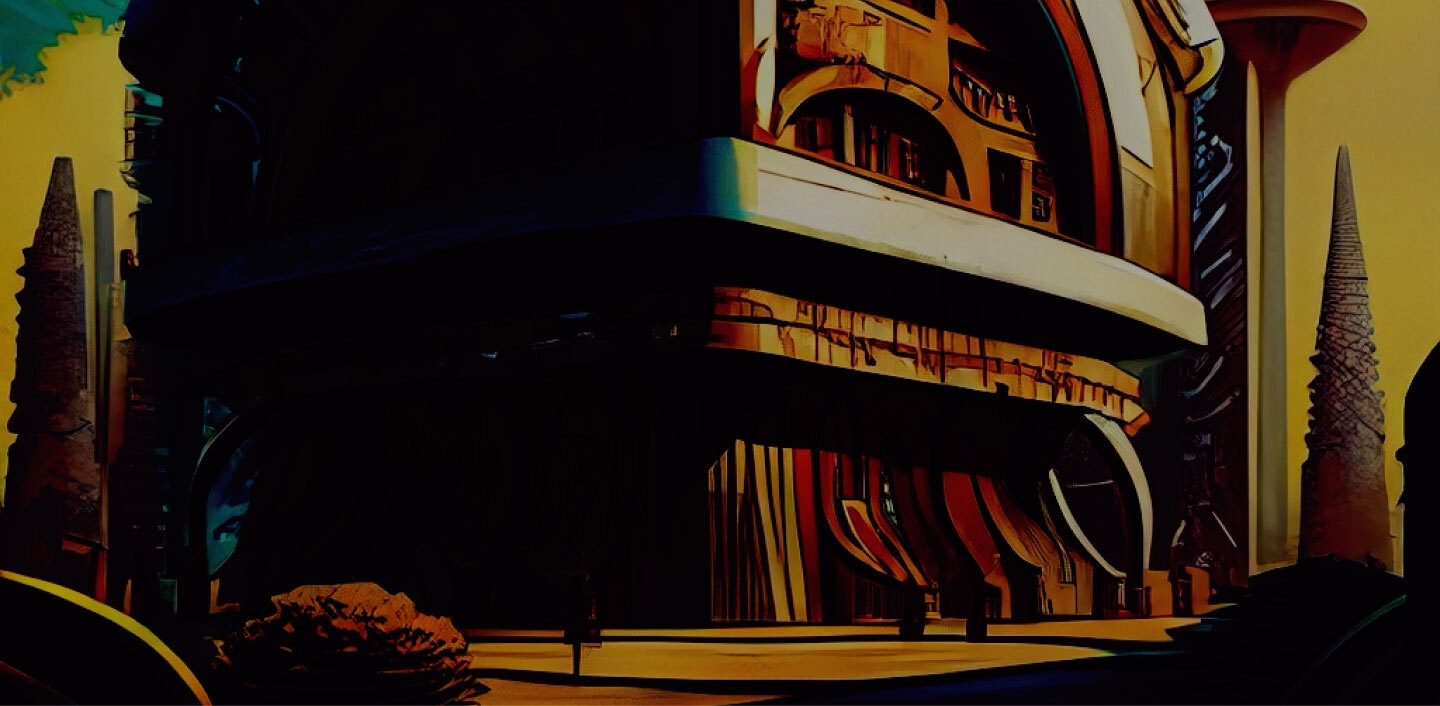
The New Black Superheroes
Blade, 1998
Superhero movies – including those produced by Marvel and DC – have become the most successful movies in the world, introducing millions to comic book heroes and villains. Blockbuster films like The Black Panther series have brought Black characters to the big screen, shaping new images of what superheroes can be. Programs like The Watchmen have also taken the leap from the comic world to the television world, creating storylines that focus on Black characters.
Black Authenticity in Fictional Worlds
Lupita Nyong'o, Chadwick Boseman, Danai Gurira in Black Panther.
Black Panther’s Wakanda is a fictional, utopian African kingdom where tribal traditions merge with advanced technology in the most advanced civilization in the world. Wakanda is a symbol of the vision, influence, and potential of Afrofuturism.
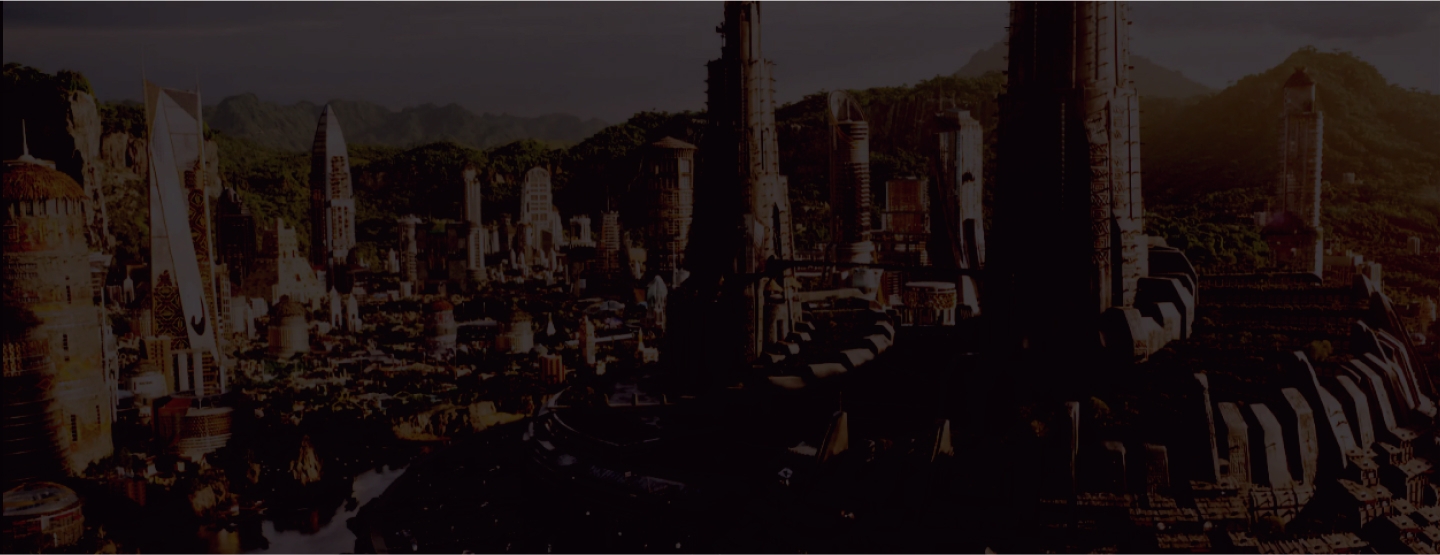
[Afrofuturism] finds a way to bridge the cultural aspects of ancient African traditions with the potential of the future.
Ryan Coogler, director of Black Panther
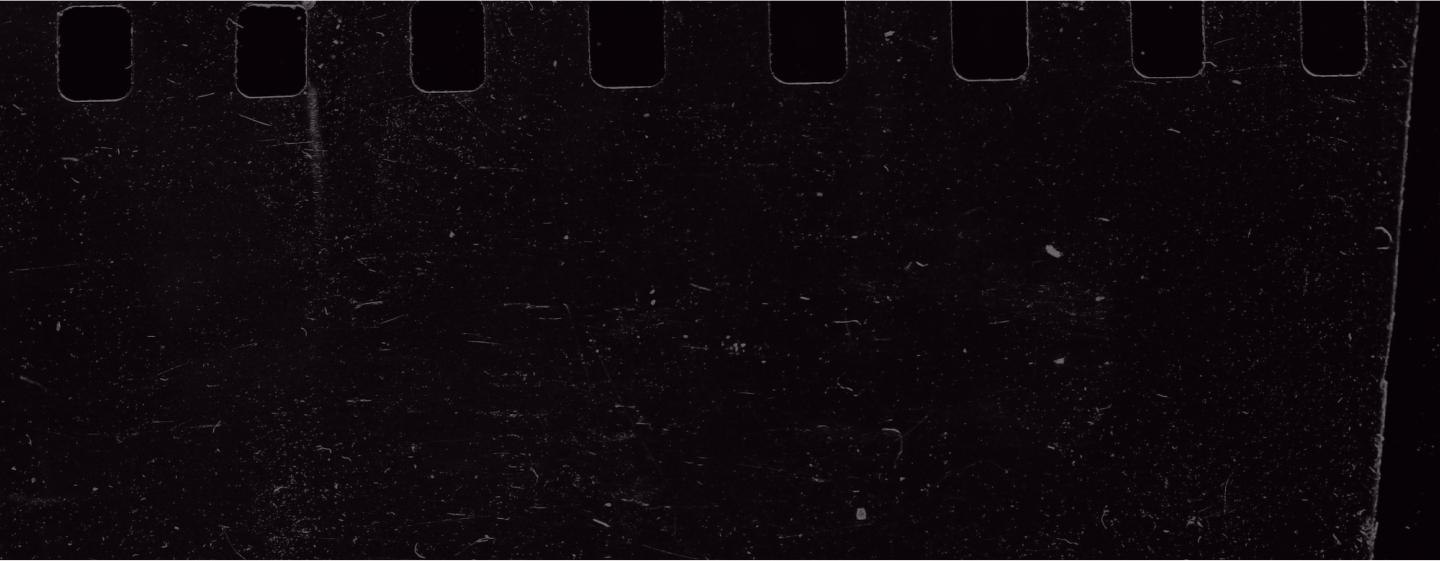
Wakanda’s Skyline
The Wakandan skyline as seen in the 2018 Black Panther film
In the Black Panther comic books, Wakanda is portrayed as a technologically advanced, independent African kingdom untouched by colonial rule. Enriched by vibranium, a powerful metal, and governed by traditional tribal laws, Wakanda’s Black world is a symbol of Afrofuturist themes and ideals.
The Dora Milaje, Wakanda’s Warriors
The Wakandan skyline as seen in the 2018 Black Panther film
In Black Panther’s Wakanda, national defense forces are led by the Dora Milaje, a female warrior battalion inspired by the Agojie, famed protectors of the Dahomey empire in what is now Benin. Armed with high-tech vibranium spears, the Dora Milaje are master strategists and expert fighters.
Black Panther Suit
Chadwick Boseman, as the Black Panther, first appeared on screen in Captain America: Civil War. The Black Panther’s suit represents an Afrofuturist style and presentation.



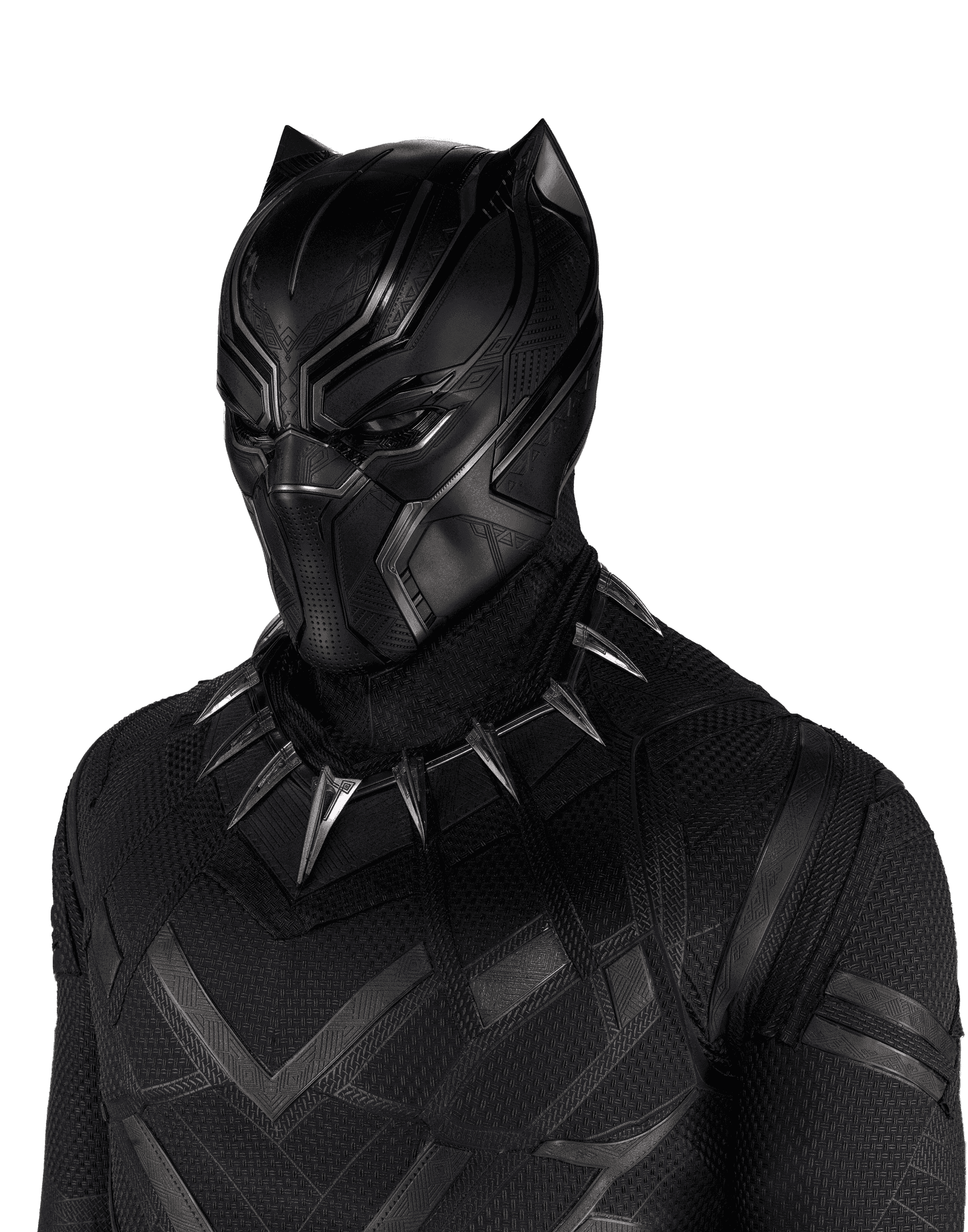


Black Panther’s Impact
Chadwick Boseman as T’Challa, the Black Panther
Letitia Wright as Shuri, T’Challa’s sister and future Black Panther
From the original comic book character created in 1966 to the 2018 blockbuster film and beyond, the Black Panther is the first and most enduring major Black superhero. The image of the Black Panther challenges older models of comic book superheroes, and his depiction as the ruler of an independent and powerfully advanced African kingdom challenges how stories of Africa and African Americans are told to a global audience.
Watchmen
Hooded Justice in Action
The 2019 television series Watchmen was an adaptation of the eponymously titled, groundbreaking comic book. Reimagined with Black characters, the series begins with the real-life history of the 1921 Tulsa Race Massacre, where a white mob destroyed the homes and businesses of the city’s Black residents, killing and injuring many. Portrayed as a superhero survivor of the riots, the “unlynchable” Hooded Justice fights white supremacy while wearing a noose around his neck to symbolize his power over racial violence. The character is a powerful example of Afrofuturism’s reimagining of the past in order to re-envision the future.
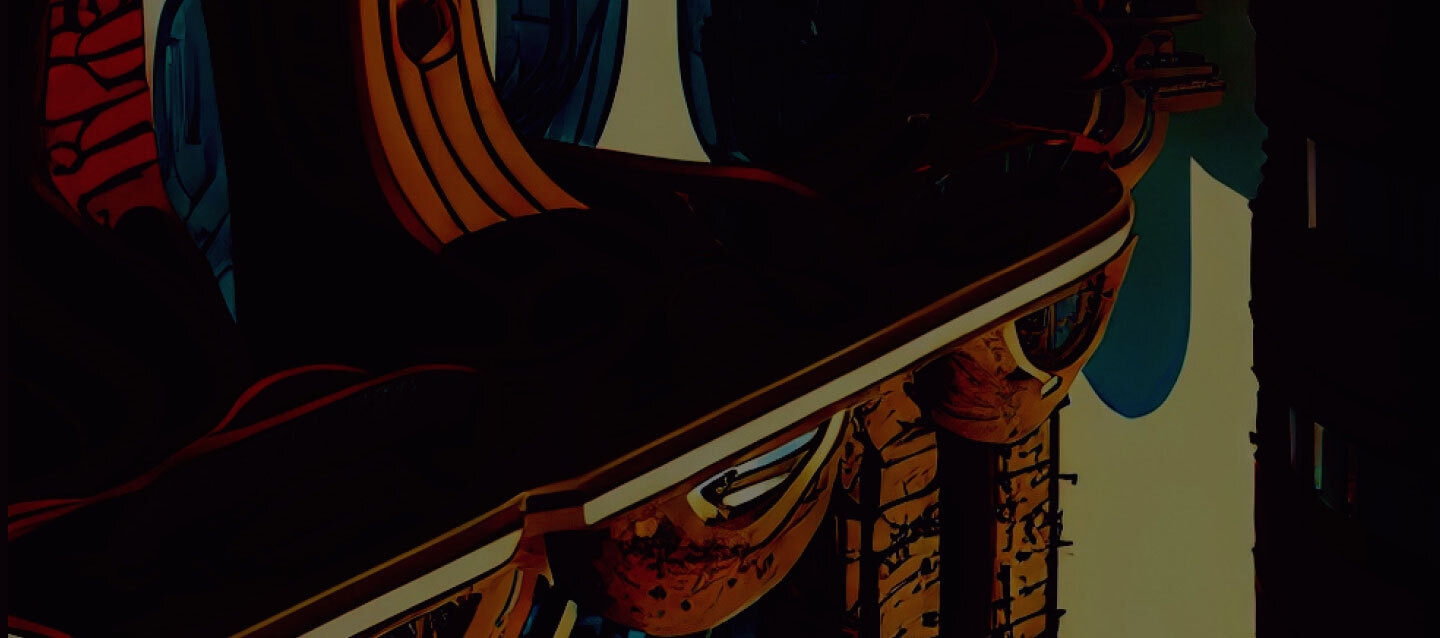
Watchmen's Sister Night
Sister Night from the Television Series, Watchmen
"People who wear masks are driven by trauma. They're obsessed with justice because of some injustice they suffered, usually when they were kids. Ergo, the mask. It hides the pain." This dialogue from the Watchmen television series shapes the motivations of one of its central characters, the masked, Black anti-hero, Sister Night. Portrayed by actress Regina King, Sister Night is shaped by a legacy of Black trauma, born out of the aftermath of the Tulsa Race Massacre of 1921.
Luke Cage
Mike Colter as Luke Cage in The Defenders
Seagate prison costume worn by Mike Colter as Luke Cage
In Luke Cage, the title character is sent to the fictional Seagate prison for a crime he did not commit. While in prison, Cage is subjected to experimentation—an experimentation that leads to his acquisition of superpowers.
